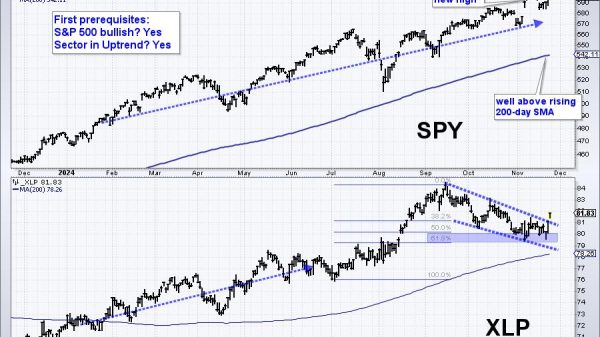Jai Kedia
Recent Gallup polls have found that public confidence in Fed chair, Jerome Powell, is at an all‐time low, with only 36% of respondents indicating a “great deal” or “fair amount” of confidence that the Fed chair would right the economy. This low point follows waves of criticism from ex‐ and potential Presidents along with current President Joe Biden placing the Fed at the forefront of combating the post‐Covid inflationary spike. Combined with a 2022 survey that shows 74% of U.S. voters believe the Fed has “a lot of control” or “some control” over inflation, it is clear why the Fed has found itself in the center of the political crossfire from all directions. Most people believe the Fed controls inflation, so they’re upset with the Fed.
But does the Fed have as much control as everyone seems to think? It could be the case that other factors, largely out of the Fed’s control, have more influence on inflation than the Fed. These include demand factors such as increased fiscal stimulus or supply factors that raise input prices or supply chain issues that cause shortages. Or, perhaps, the Fed would have to drastically tighten credit markets, thus harming the broader economy, in order to exert the control it does have over inflation. Admittedly, this issue is not easy to address. A basic regression analysis, for example, would be insufficient because it is difficult to control for the cross‐dependence of macro indicators on each other and because many economic outcomes occur simultaneously. For these reasons, a standard macroeconomic tool to address such policy questions is the Vector Auto Regression (VAR).
While even a VAR analysis has its limitations, as our new Cato working paper demonstrates, the Fed has not exercised significant control over inflation. Specifically, the paper uses a VAR framework to study changes to the Fed’s preferred measure of prices, the Personal Consumption Expenditure (PCE) index (and its components), for various periods from 1960 to 2019.
The paper shows that in response to unanticipated tightening to the policy rate, a so‐called positive “monetary policy shock,” inflation often increases. This change, of course, is in the opposite direction the Fed is trying to achieve. Put differently, in response to the Fed’s tightening, inflation rarely falls and when it does, it falls minimally.
The paper also shows that supply factors – not monetary policy – dominate the overall changes (variability) in inflation. Supply factors account for over 70% of inflation variability in all scenarios, often accounting for more than 80%. Monetary policy, on the other hand, usually contributes between 5% and 10% to inflation variability. In fact, at long‐term horizons (5 years after the initial rate hike), even demand‐side factors become more important than monetary policy. These findings are robust to sample selection, model specification, and when incorporating financial sector effects.
While the Fed was undoubtedly slow in responding to inflation after the COVID crisis, it is important for policymakers to consider both the supply‐side and demand‐side causes at play during and after the COVID crisis. Simply put, the evidence suggests these factors far outweigh what the Fed can normally do to control inflation. Anti‐inflationary policies necessitate a wholistic approach and cannot merely rely on timely changes to the Fed’s policy rate.























